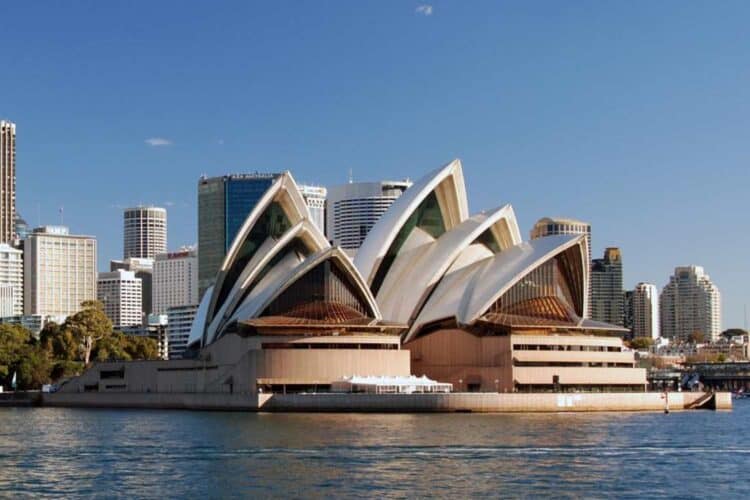After nearly two years of COVID-19-related restrictions, Australia has finally completely reopened to fully vaccinated tourists. It is easy to see why it is a popular tourist destination and although travel is not as simple as it once was, it is not an impossible task.
Australia travel requirements: Here’s what you need
You will need a visa. Depending on your country of origin and length of stays, your visa type might differ. Australia’s Department of Home Affairs website presents multiple options after just answering three simple questions.
Australian border authorities may cancel your visa and detain or remove you from the country if you are not fully vaccinated in accordance with their entry requirements, do not have a medical contraindication that exempts you from getting the vaccine or if you do not meet the criteria for exemptions.
Unless you are part of the flight crew, you will need to fill out a Digital Passenger Declaration (DPD) within 72 hours of your departure to Australia. The form is where you will provide health information and declare things like vaccinations status, recent travel history and COVID-19 test results.
Proof of the completion of the DPD will be required upon check-in and failure to do so might result in missing your flight and even penalties.
A requirement that comes as no surprise for international travel, a negative COVID-19 test result must be presented upon check-in.
COVID-19 PCR or other Nucleic Acid Amplification Test (NAAT) test must be taken within three days of your flight’s scheduled departure. You may also present a medical certificate as proof of a negative Rapid Antigen Test taken under medical supervision within 24 hours of your flight’s departure.
Last, but surely not least, you need to be fully vaccinated. Exceptions may only be made for those who have a valid medical reason why they cannot be vaccinated and minors. This will require a travel exemption and there are specific procedures to follow in that case.
What does it mean to be ‘fully vaccinated’?
In double dosage vaccinations, you will need to have had two doses at least 14 days apart of the recognised approved brands.
In order to be considered fully vaccinated, no less than seven days had to have passed since the final dose. The same applies to single shot vaccinations, such as Johnson & Johnson.
When is the best time to travel to Australia?
Australia benefits from warm summers and cool winters. The summer starts in December and can get very hot. The best time to visit is during the Spring and Autumn months, so September-November and March-May.






